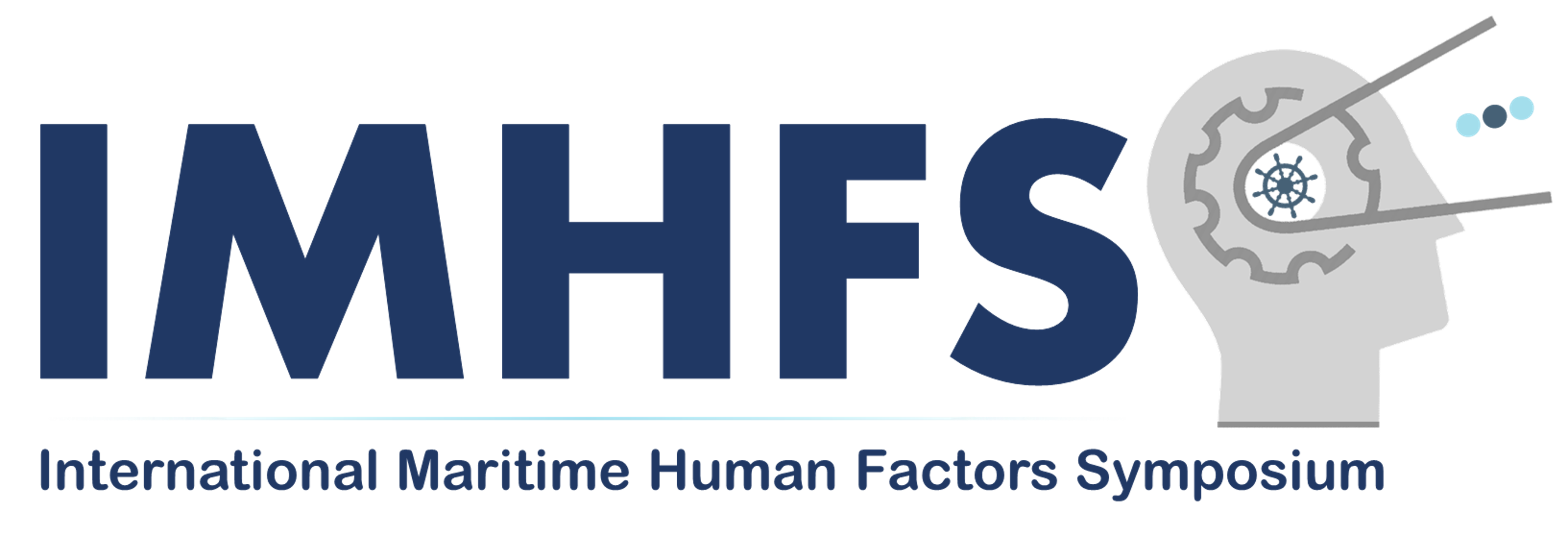IMHFS Steering Committee
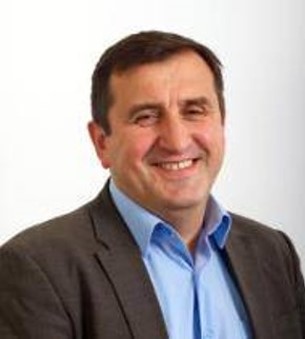
Osman Turan
University of Strathclyde, UK
Professor Turan, the Director of Maritime Human Factor Centre, is a leading expert in shipping safety, has made significant contributions to safety-related rules at various platforms, including the IMO. His work involves investigating maritime accidents and developing solutions to mitigate safety-critical conditions. He has been part of over 20 EU projects, including the FP7 SEAHORSE project, which received the LR-RINA Maritime safety award in 2017, and the EU-funded SAFEMODE project. In 2018, he was awarded the TRA Vision Senior Researcher award by the European Commission.
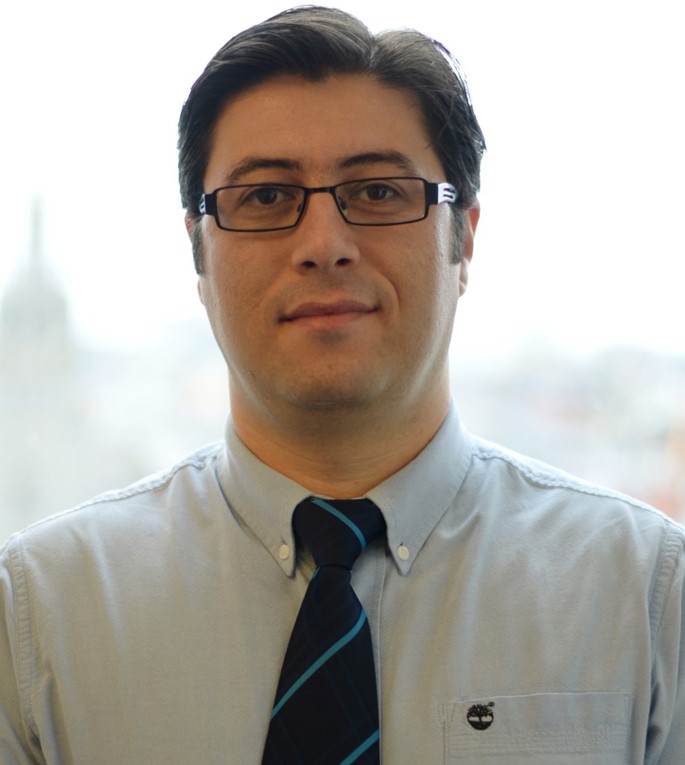
Rafet Emek Kurt
University of Strathclyde, UK
Dr. Kurt is a Reader and the Director of the Maritime Human Factors Centre (MHFC) at the University of Strathclyde. He served as the Principal Investigator and Maritime Coordinator for the EU-funded SAFEMODE Project, one of the most significant human factors initiatives supported by the European Commission. Dr. Kurt is dedicated to advancing the practical application of human factors research in the maritime industry. Throughout his career, he has contributed to numerous research projects, including EU-funded initiatives like SILENV, SEAHORSE, and EXCROSS. His expertise has contributed to initiatives within various organizations, such as the International Maritime Organization (IMO), the European Maritime Safety Agency (EMSA), and the Oil Companies International Marine Forum (OCIMF).

Scott MacKinnon
Chalmers University, Sweden
Scott MacKinnon, a Professor at Chalmers University of Technology, is a renowned expert in Maritime Human Factors. With over 30 years in academia, he also holds a long-standing professorship at Memorial University of Newfoundland. Scott earned his PhD in Biomedical/Medical Engineering and Human Factors from the University of Cape Town. His multifaceted roles have included lecturing, research, and student supervision.
He has been instrumental in several high-impact research projects funded by the European Commission and other organizations. Notable projects include “AUTOBarge,” focused on autonomous barges for smart inland shipping; “COLREG-LABS,” which explores algorithm-based decision support systems; and “SAFEMODE,” aimed at synergizing aviation and maritime human factors. His work has contributed significantly to making maritime transportation more efficient, safe, and sustainable.
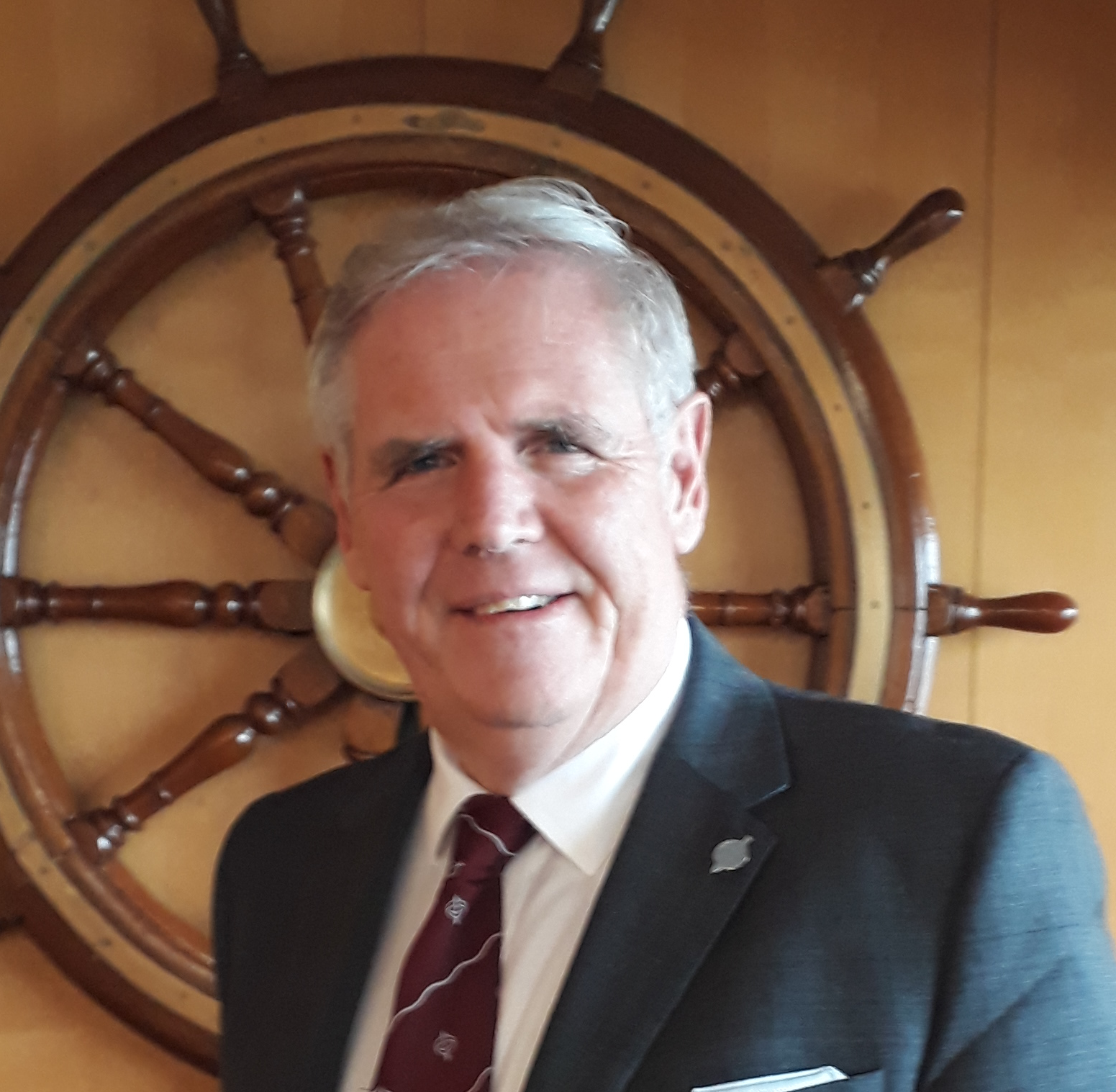
John Lloyd FNI CMMar
Chief Executive - The Nautical Institute
Previously he was a Professor of Maritime Training at the Australian Maritime College (AMC). In 2014 he inaugurated a new maritime college in Angola following a two-year development programme developed in conjunction with the City of Glasgow College and Sonangol Shipping. Prior to this, he held appointments as: Chief Executive Officer of the Vanuatu Maritime College in Santo, Vanuatu; and senior posts at Flagship Training Limited and Warsash Maritime Centre. John is a Master Mariner and served as a Marine Pilot in Namibia from 1994 – 1995. He is a Master of Business Administration, a Freeman of the (UK) Honourable Company of Master Mariners, a Younger Brother of Trinity House and a Chartered Master Mariner.
Since joining The Nautical Institute John has introduced a series of professional development short courses attracting a substantial amount of international interest, a new qualification for engineering and technical staff on DP vessels and has recently started working more closely on key safety issues in the fishing sector.
In September 2023, John was awarded the (UK) Merchant Navy Medal for Meritorious Service for his contribution to maritime training and education, an award presented by HRH The Princess Royal at Trinity House, London.
He travels extensively representing the work of The Nautical Institute and sharing his passion for safer shipping and professionalism in the maritime sector. He is currently Chair of the IMO’s Human Element Industry Group (HEIG) working with NGOs on key safety initiatives.
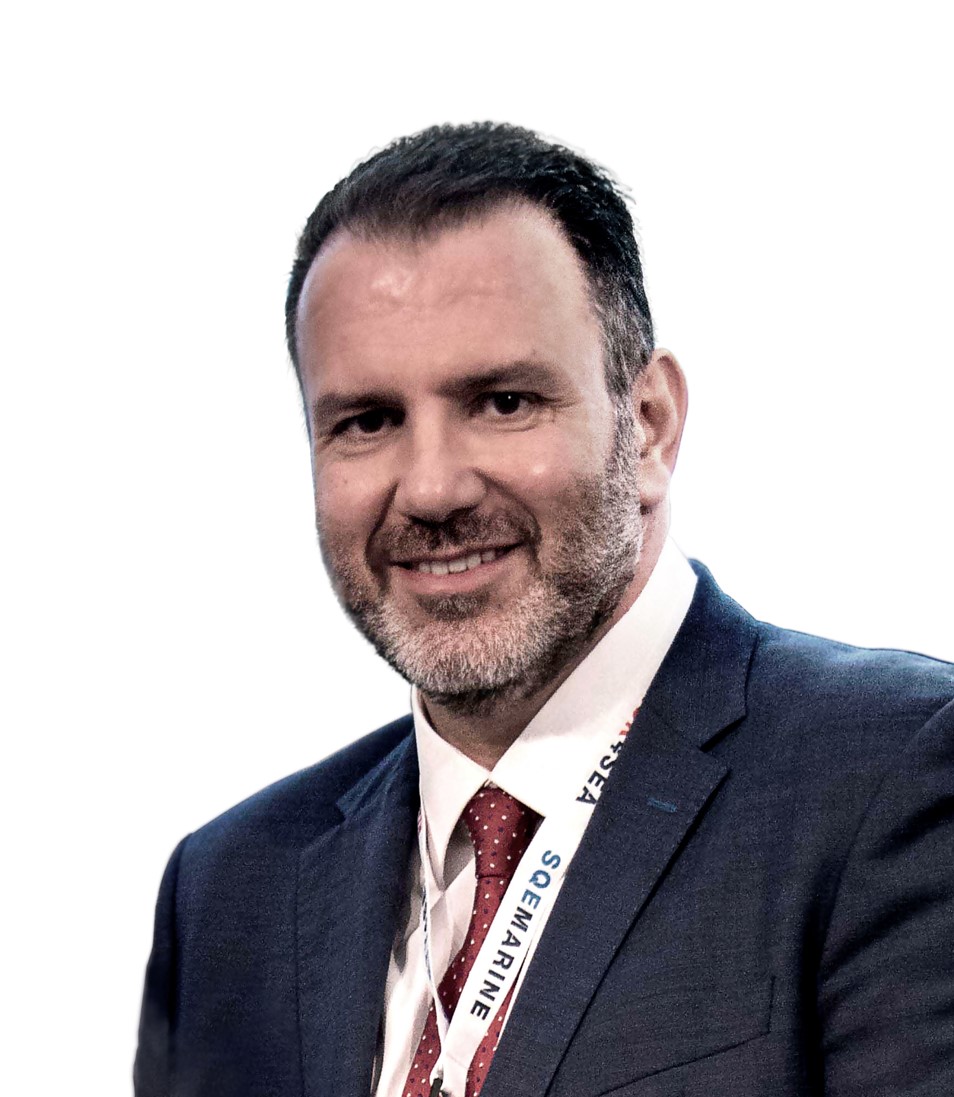
Apostolos (Apo) Belokas
Founder & CEO of SQE Group
Apo is the Founder & CEO of SQE Group, including SQE MARINE, SQE ACADEMY, SAFETY4SEA and RISK4SEA, and is educated as a Mechanical Engineer (B.Eng & MSc (Eng), MBA) specialising in Energy & Environment. He is a 30 year veteran with roles as Engineering Superintendent, Maritime Safety, Quality & Environmental Expert, Consultant, Trainer and Project Manager and his track record includes a wide range of QHSE projects including 250+ management system projects (ISM/ISPS/ISO 9001-14001-18001/TMSA/MLC/DryBMS), 500 vessel and office audits to various standards, regulatory development and a record of more than 10,000 people trained in a wide variety of QHSE and Shipping related subjects. He has chaired more than 90 Forums and moderated more than 400 panels in Safety, Green and smart-related issues. Apo is the founder and Managing Editor of SAFETY4SEA, which hosts the leading safety4sea.com (300k visitors monthly), producing monthly magazines & tailored publications (100k p.a. circ. onboard & ashore) & Industry Surveys delivering more than 15 major forums and awards events across the globe every year.
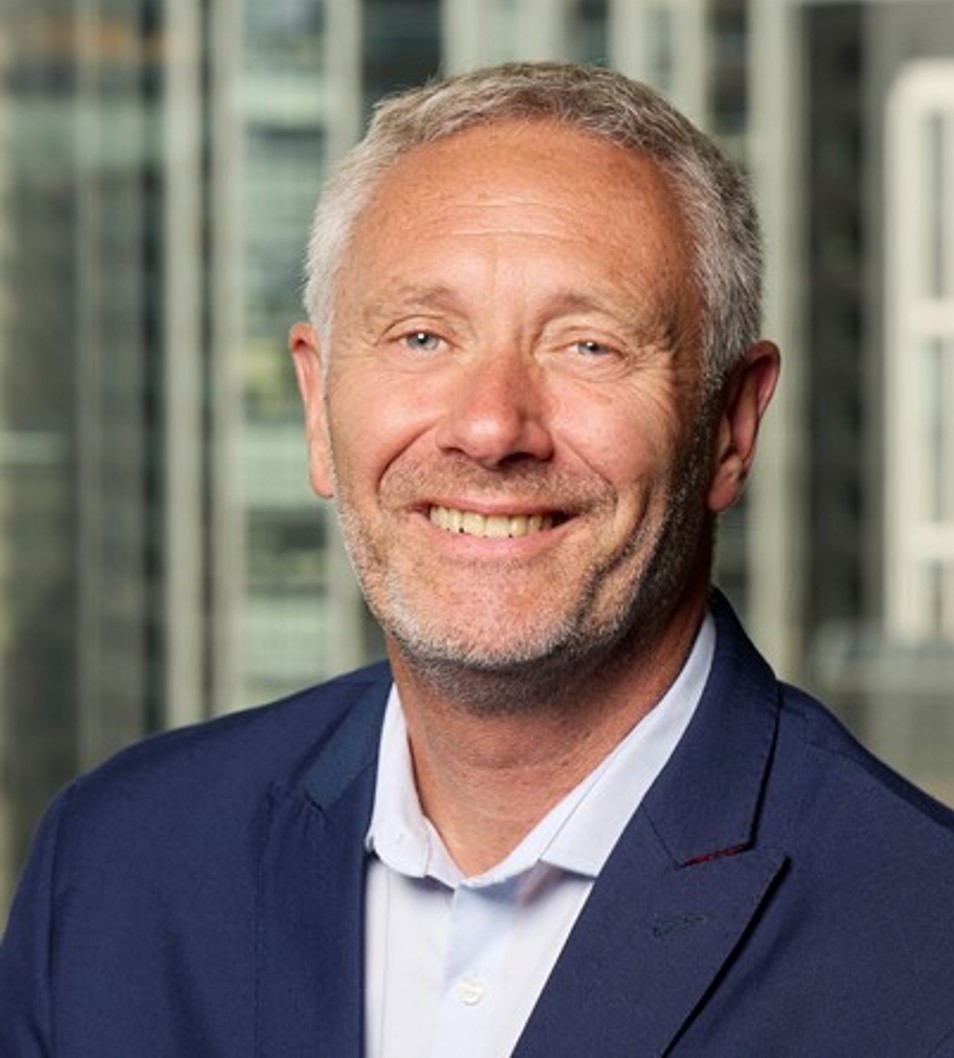
PETER BROADHURST
Maritime Snr VP Safety and Regulatory at Inmarsat Maritime, a Viasat company
Peter joined Inmarsat in 2014 as Vice President of Service Delivery for the Maritime business unit, where he was responsible for leading the development of products and services from conception and implementation, through to launch and life cycle management. Peter was instrumental in the launch of Inmarsat’s high-speed broadband service Fleet Xpress launched in March 2016. Now Peter is Senior VP of Safety and Regulatory and oversees Inmarsat’s safety services as part of GMDSS.
With over 25 years of experience in the maritime industry, Peter began his career at sea as a Radio Officer, before running his own business and working for a maritime distributor. Peter then spent 15 years with Sea Tel Inc., / Cobham SATCOM as Vice President of Sales and Marketing where he was responsible for overseeing and managing global sales, support, marketing, training, and product management.
Peter has an HND Electronics, Marine Radio General Certificate, Radar and Marine Navigation Aids accreditation from Wray Castle Merchant Navy School, and holds an Open University, BSc (Hons) First Class degree on Radio Frequency Systems. Peter is President of Comite International Radio-Maritime, is an Ambassador for the Sailors’ Society and is on the board of the World Maritime University.

Adam Parnell
Director Maritime, the CHIRP Charitable Trust
Through his work at CHIRP, Adam seeks to ensure that everyone working in the maritime industry, especially seafarers are empowered to anonymously report safety concerns. He and the CHIRP team share lessons learned and best practices with the maritime sector and lobby for change to make the industry a safer place to work.
Adam has been a professional mariner all his adult life, initially spending 26 years as an officer in the Royal Navy and nearly 8 years as a harbourmaster of ports along the UK’s southern coast. He has significant experience managing people, budgets, and driving organisational change in a wide range of multi-disciplinary appointments, both at sea and ashore, in the defence, private industry, and public sectors.
He became the director of CHIRP’s Maritime programme in 2021.
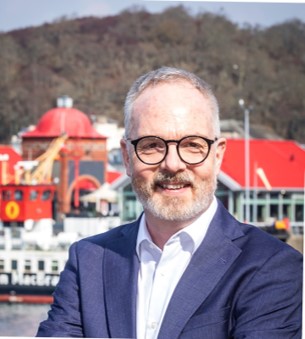
Louis de Wolff
CalMac Ferries Limited, UK
Louis de Wolff serves as the Director of HSQE, Designated Person, and CSO at CalMac Ferries Limited. With a background as a master mariner, he is an expert in marine safety and quality management systems, including ISM, ISPS, ISO 9001, and ISO 14001. Louis has a strong focus on training and auditing, and he is also a qualified ship inspector for ILO MLC 2006. In his role at CalMac, he has been instrumental in upgrading the company’s management systems and delivering safety strategies. His team’s performance was a key factor in securing a billion-pound contract for the Scottish Government. Louis has also been involved in the EU-funded SEAHORSE project, which aims to improve shipping safety through technology transfer from air transport, focusing on human factors. With a career spanning various roles in the marine industry, Louis is a seasoned professional committed to enhancing safety and operational excellence.

Shiqi Fan
Wuhan University of Technology, China
Dr Shiqi Fan, a professor at the School of Transportation and Logistics, Wuhan University of Technology, specialises in maritime human factors and safety. Holding a PhD in Maritime Engineering from Liverpool John Moores University, her work advances data-driven risk modelling and the application of neuroimaging techniques in maritime human factors. She has led work packages under the European Research Council-funded TRUST project and Marie Skłodowska-Curie actions ENHANCE, focusing on decision-making and human performance in maritime operations through the use of EEG and fNIRS technologies. Dr Fan is a Chartered Engineer (CEng), Chartered Marine Engineer (CMarEng) and member of the Institute of Marine Engineering, Science and Technology (MIMarEST).
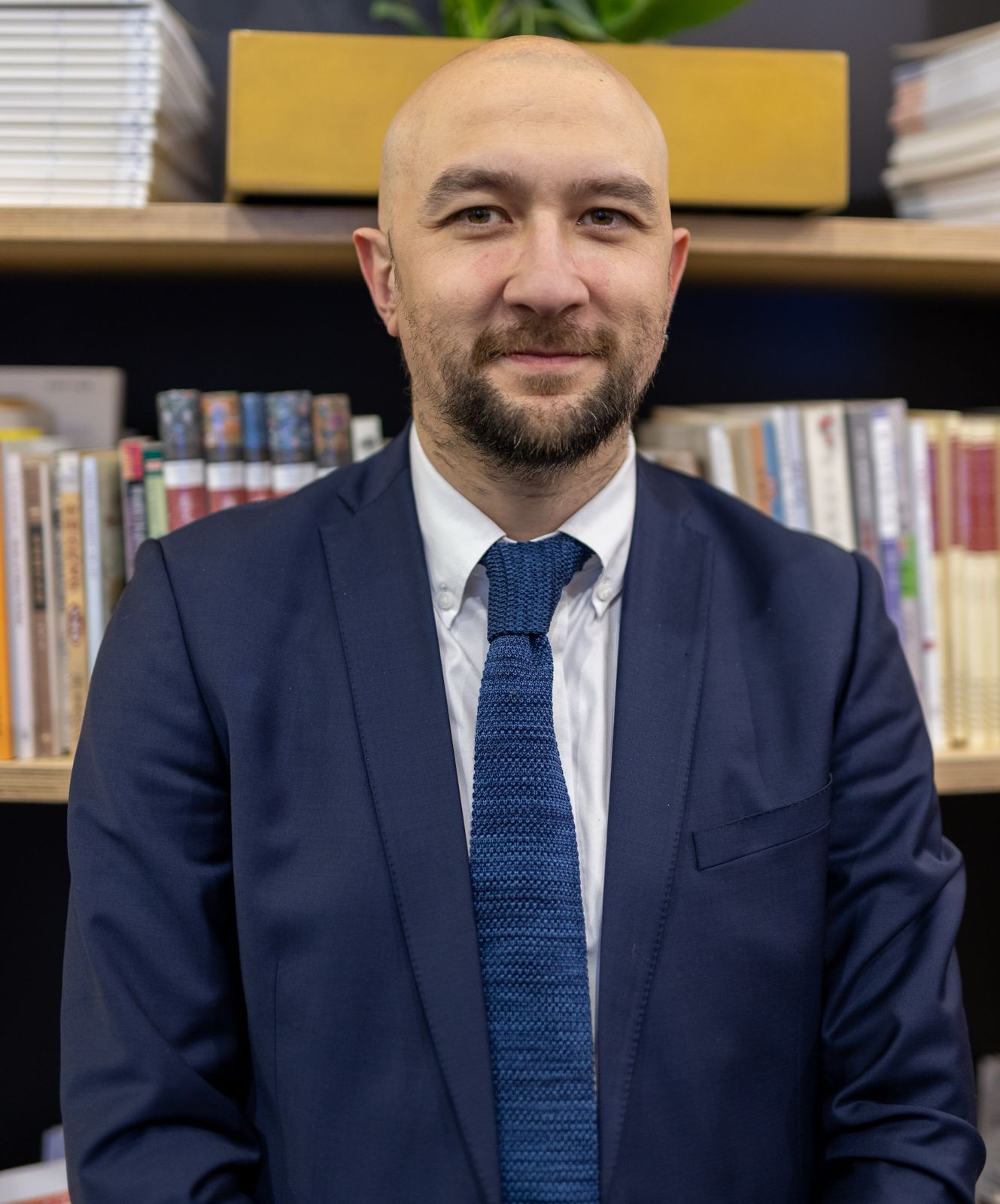
Sefer Anil Gunbeyaz
University of Strathclyde
Dr Sefer Anil Gunbeyaz (SG) is a Senior Lecturer at the Department of NAOME, has built an academic foundation with a BSc and MSc from Istanbul Technical University and a PhD from Strathclyde. Sefer’s research, which specialises in circular economy in the maritime domain, encompasses the circularity of marine assets, end-of-life options, and minimising the environmental impact throughout the life cycle. Sefer also focuses on decarbonisation through the facilities (shipyards, and the environmental impact throughout the life cycle using simulation. Sefer is actively involved in port modelling efforts to facilitate decarbonisation and the evolution of future ports as hubs for sustainable maritime operations. In addition to his work in circular economy and decarbonisation, Sefer is also focusing on health and safety improvement in shipyards and ship recycling facilities. In addition to academic work, he has contributed to various externally funded projects aimed at sustainable ship recycling practices. Sefer is also developing CPD’s and training programs for stakeholders, notably through initiatives like ILO Skills for Prosperity, IMO SENSREC and BoatDIGEST.
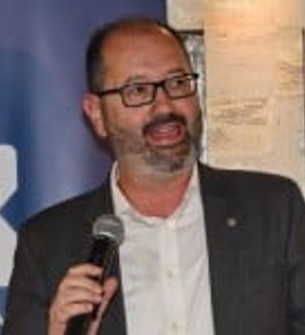
Nikolaos P. Ventikos
National Technical University of Athens (NTUA), Greece
Associate Professor Nikolaos P. Ventikos of the National Technical University of Athens is a distinguished expert in marine safety, risk engineering, and environmental systems. With over 17 years of academic experience, he has been deeply involved in research and administrative roles, contributing to EC-funded projects like CyClaDes, SAFEPEC, MENTOR, and SAFEMODE.
His research has been groundbreaking, particularly in the SAFEPEC project, which aims to develop an innovative risk-based framework supported by cutting-edge maritime inspection technologies. Another notable project, EU-MOP, focused on the design of autonomous units for mitigating marine oil pollution. The SAFEMODE project aims to strengthen synergies between aviation and maritime sectors in the area of human factors for more efficient and resilient modes of transportation. These projects have had a significant impact on harmonizing audit and inspection protocols and advancing maritime safety and environmental protection.
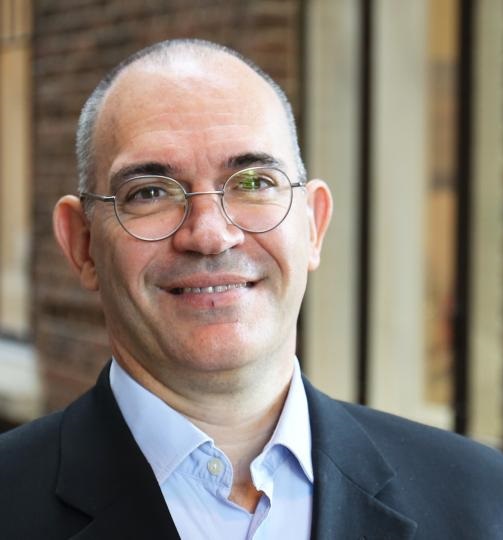
Raphael Baumler
World Maritime University (WMU), Sweden
Raphael Baumler is Professor and Head of Maritime Safety and Environmental Administration (MSEA) at the World Maritime University (WMU). Combining a triple capacity (1- academic as a researcher, 2- maritime practitioner as Ship Master and Marine Engineer, and 3- international expert for the IMO), Raphael Baumler integrates knowledge to provide multidimensional analyses of the impacts of the maritime sector dynamics on ship safety and the environment protection.
Furthermore, he regularly participates in international discussions at the IMO and with its member States on topics such as MARPOL Annex VI, the Ballast Water Management Convention and the Human Element. Finally, he contributes to various research national, regional and international projects.
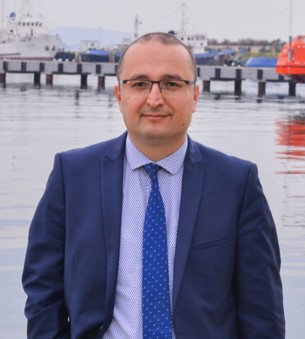
Ozcan Arslan
Istanbul Technical University (ITU), Turkey
Professor Ozcan Arslan, currently serving as the Dean of the Maritime Faculty at Istanbul Technical University, is a distinguished figure in the field of maritime safety and human factors. Professor Arslan has been instrumental in the SEAHORSE Project, an EU-funded initiative aimed at enhancing shipping safety through technology transfer from air to maritime transport. The project focuses on addressing human factors in an innovative, integrated, and multidisciplinary manner to foster safer and more resilient shipping operations.
In addition to his academic contributions, Professor Arslan has been active in organizing and participating in international conferences and workshops. Notably, he played a key role in the SAFEMODE project, which aimed to strengthen cooperation between the aviation and maritime sectors in the area of human factors.
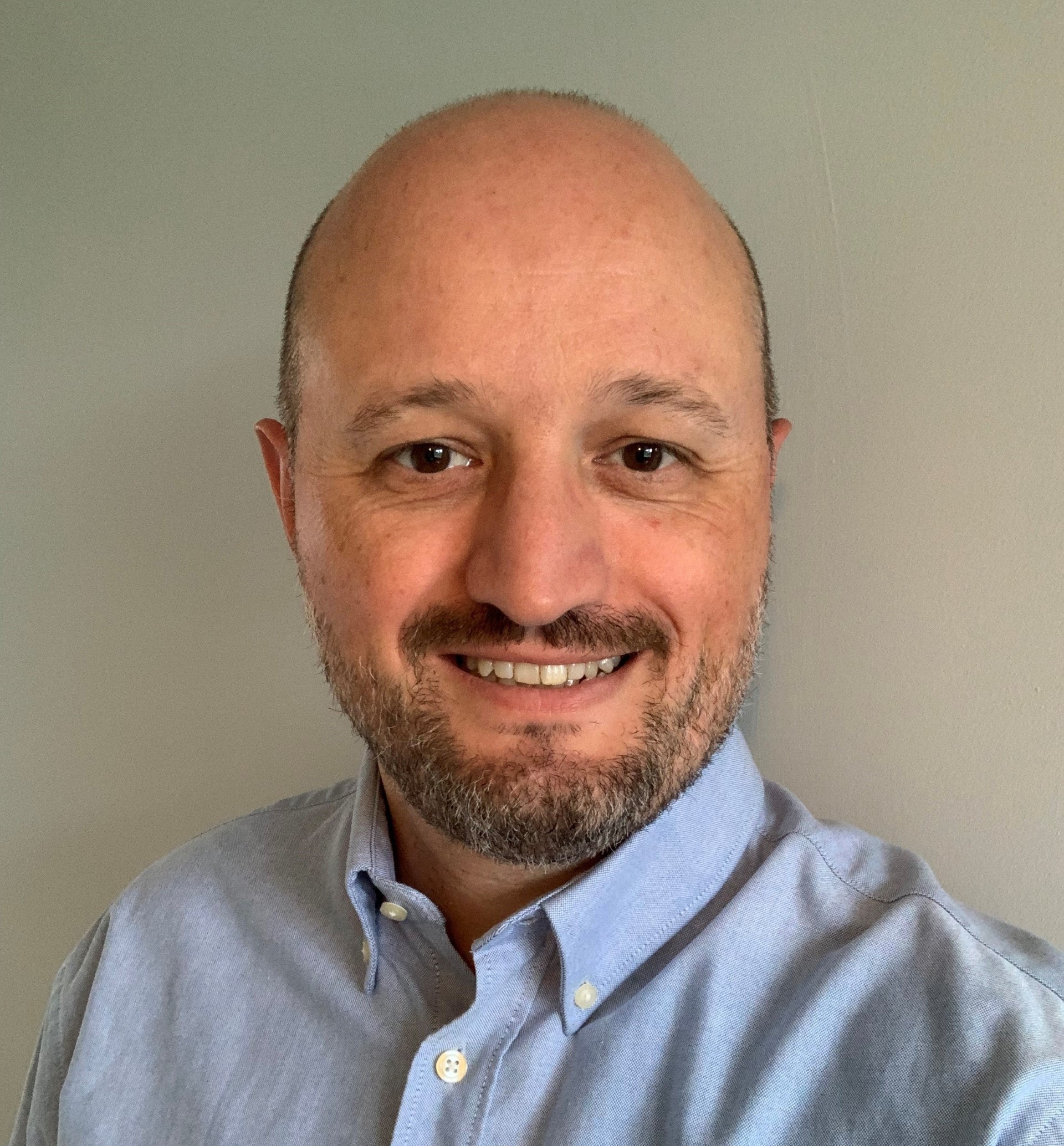
Will Tutton
Inspector at Marine Accident Investigation Branch (MAIB), UK
Will Tutton is Co-Chair of the Institute of Marine Engineering Science and Technology Human Element Working Group and is a recognised expert in maritime human factors as a Chartered Fellow of IMarEST and the Chartered Institute of Ergonomics and Human Factors. He is a member of the Lloyds Register human element rules panel, the Advisory Research Board for the SAFEMODE and the Human Element Industry Group. He regularly instructs on accident investigation and human factors post graduate programmes, particularly at Cranfield University and Loughborough University. Will is an MAIB Inspector and worked in the defence sector for 20 years.

Monica Lundh
Chalmers University, Sweden
Associate Professor Monica Lundh at Chalmers University of Technology specializes in design engineering, psychology, and maritime studies. Her research focuses on human factors in maritime navigation and the application of artificial intelligence in this context. She has led and participated in several EU-funded projects, including “Human XFactor at Sea,” which explores human factors in maritime studies, and “SEDNA,” aimed at enhancing maritime safety in extreme conditions like the Arctic. Other projects have focused on ergonomics in engine rooms and making energy efficiency a priority for ship crews. With a multidisciplinary approach, Professor Lundh is a leading voice in maritime safety and technology integration.
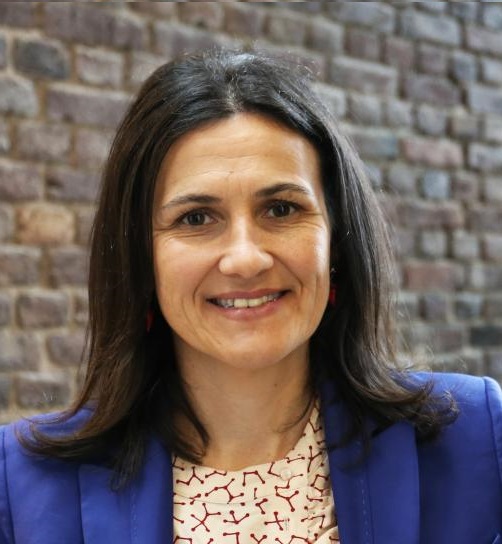
MARIA CARRERA ARCE
World Maritime University (WMU), Sweden
Dr. Maria Carrera-Arce is a Research Associate at the World Maritime University, with a rich academic background including a Ph.D. from the University of Cantabria and an MSc in Psychology from the University of Deusto. She has also specialized in Applied Ergonomics & Human Factors.
Prior to joining WMU, she worked in various research and clinical roles, most notably as a Senior Human Factors Specialist at Lloyd’s Register of Shipping. She has over 15 years of experience in fields related to psychology and human factors, with a particular interest in maritime psychology and safety.
Dr. Carrera is a chartered member of several professional organizations, including the British Psychological Society and the Chartered Institute of Ergonomics & Human Factors. Her work reflects a deep commitment to understanding human behavior and enhancing safety in the maritime industry.
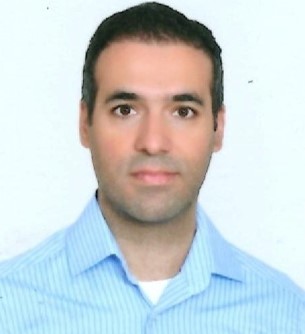
Emre Akyuz
Istanbul Technical University (ITU), Turkey
Professor Emre Akyuz, a full professor at Istanbul Technical University, is a leading expert in Maritime Transportation Engineering with a focus on Ocean Engineering, Safety Engineering, and Transportation Engineering. His expertise spans a wide range of topics including ships, safety engineering, accident analysis, human factors, and reliability in transportation. He has contributed significantly to the field through his research, with recent publications exploring risk assessments for anchor dredging in cargo ships, human error probability prediction in cargo sampling processes, and performance analysis of tank coatings in chemical tankers.
Professor Akyuz has been involved in groundbreaking research, including the application of advanced methodologies like the SLIM Evidential Reasoning approach and Fuzzy AHP. His work has been published in esteemed journals such as Ocean Engineering, the Journal of ETA Maritime Science, and the Australian Journal of Maritime & Ocean Affairs. With 90 research items to his name, Professor Akyuz continues to be a pivotal figure in maritime safety and engineering.
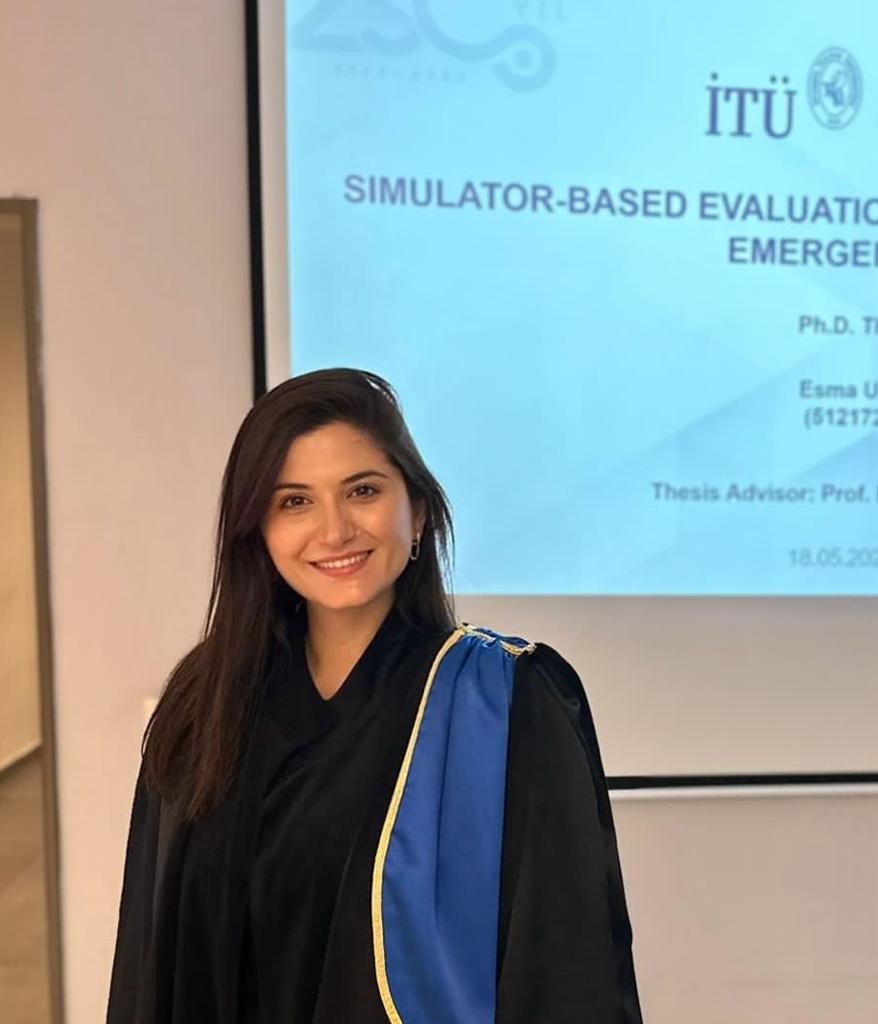
Esma Uflaz
Istanbul Technical University (ITU), Turkey
Esma Uflaz, who has contributed significantly to the academic landscape, served as a Dr. Research Assistant at Istanbul Technical University (ITU) in Turkey. With a background in maritime safety, maritime simulators, and human factors, Dr. Uflaz has demonstrated a keen interest and expertise in advancing the field. Esma Uflaz actively participated in the SAFEMODE, MariHEALTH and MarED Project as researcher, an initiative funded by the European Union.
Esma Uflaz’s dedication to research and her active participation in international conferences and workshops have further solidified her position as a valuable asset to the academic community. Notably, she played a key role in the SAFEMODE project, which aimed to strengthen cooperation between the aviation and maritime sectors in the area of human factors.
